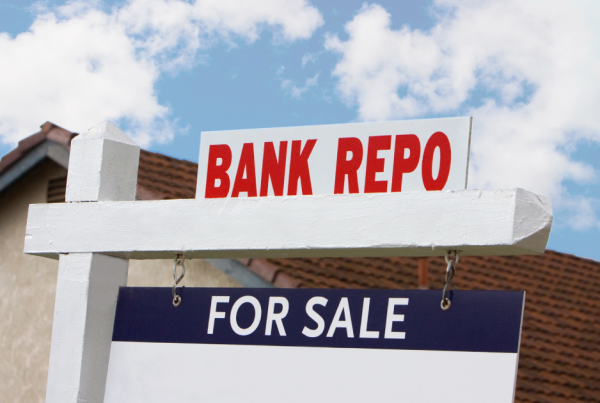Many people whose residence is in Spain, when they reach the end of their days and start thinking about their will and how to organise the distribution of their assets to their heirs, often turn to us to try to understand the tax rate and administrative system in Spain in view of the above.
As many of you have already realised, in all matters relating to the purchase or sale of a property in Spain, we must always consider the amount of taxes we must pay to the state. In the case of inheritance of a real estate property, although it is not a sale or purchase, we are not exempt from taxes either.
This is where the figure of the donation appears, which allows the heirs to enjoy the property, so to speak, free of charge.
We explain below.
What does the donation of a property consist of?
The concept of donation takes place when the owner of a property transfers the property to a new owner, usually the heirs, free of charge.
A prerequisite for this is that the donor is still alive at the time of the transfer of the property to the person in question.
Most often, many people opt for the concept of donation in order to avoid possible disagreements or disagreements between the future heirs.
In this case, the rules governing inheritance are applied in the same way to the concept of donation in order to avoid that no descendants may be harmed and that the distribution is in equal parts as indicated in the inheritance law.
Is the donation therefore exempt from taxation?
Unfortunately, the donation is not tax-free. Although it usually takes place from parents to children, it also entails the payment of a number of taxes.
It is true that the donation process is relatively simple, especially in comparison to inheritance. In this case, the donation is made in the presence of a notary by signing a deed of donation, after which the donation tax and property tax must be paid when the name of the new owner of the house or property is entered in the register.
What taxes are payable in the case of a donation?
In this case, as in the case of inheritance, the main tax to be paid is the so-called “Impuesto de Sucesiones y Donaciones” (inheritance and gift tax). This tax must be paid by the person who, in this case, receives the donation of the property.
In Spain, this tax is regulated by the different Autonomous Communities. In recent years, many of them have established important deductions or bonuses for donations from parents to children, even 100% of the tax in some cases.
In addition, the person receiving the donation must also pay the tax known as plusvalia to the town hall where the property is located.
If you have any questions on any of these points, please do not hesitate to contact MAM Solicitors. Our team is made up of specialists in all areas of law, as well as being fully multilingual, so language will never be an added problem when communicating.
We have been trusted by our clients for over 30 years.







